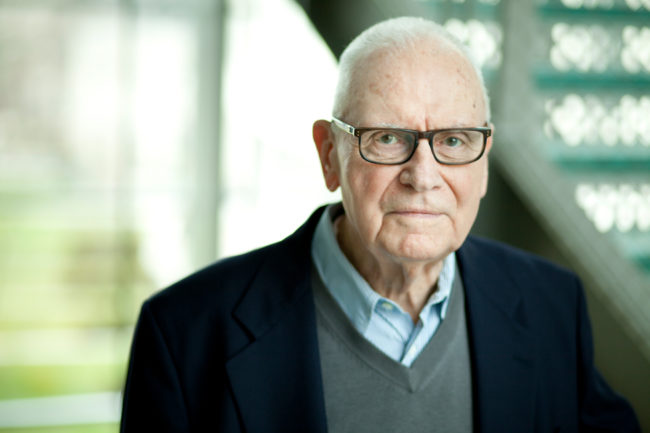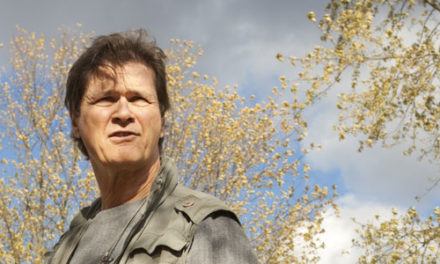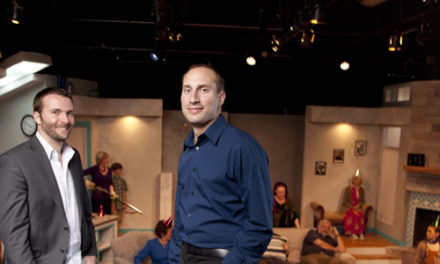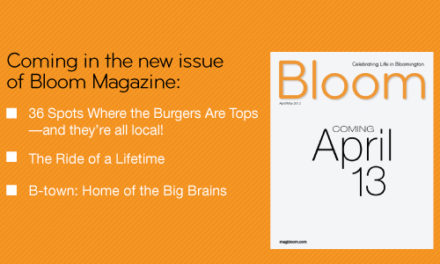
by LEE H. HAMILTON
Americans’ trust in the political system has reached historic lows. According to recent polls conducted by the Pew Research Center, Gallup, and the Chicago Council on Foreign Affairs, the majority of Americans do not trust Congress, the Supreme Court, or the presidency, and most Americans do not trust a wide range of public leaders including men and women in government, clergy, and business.
Moreover, Americans also do not trust each other.
A 2019 Pew poll found that 57% of Americans are not confident that Americans will cast informed votes in upcoming elections and 58% of Americans are not confident that Americans can hold civil conversations with those who hold opposing views. Because trust in one another and confidence in government and elected leaders are essential to a healthy democracy, it is not surprising that we now live in a time in which many Americans are more open to nondemocratic forms of government.
One recent poll found only about 40% of Americans are committed to representative democracy; today one in six Americans is open to the idea of the country being run by unelected military officials. The decline in support for democracy is especially acute among young people. Scholars at the World Values Survey report only 30% of millennials [born 1981-1996] believe that it is essential to live in a country governed democratically.
Current and social political trends contribute to this decline in trust. The COVID-19 pandemic has put many Americans in precarious economic situations, finding themselves unable to access medical care affordably. The civil unrest surrounding the Black Lives Matter movement and chronic problems of police brutality also contribute to the increasing issue of social malaise. Polarization fueled by hyperpoliticized news and social media drives a wedge between the political left and right, slowly chipping away at the moderation at the core of our political system.
While American youth are frequently cynical toward political institutions, they are proving to be strongly civic-minded and politically literate. The young participated
in large numbers in the protests following George Floyd’s murder in Minneapolis. They may be disenchanted with politicians and our political system, yet they continue to exercise their First Amendment rights to fight for a more just and fair America. And that is the good news!
Lee H. Hamilton represented Indiana in the U.S. House of Representatives from 1965–1999 and was vice chair of the 9/11 Commission. In 2015, he received the Presidential Medal of Freedom from President Barack Obama and currently serves as a distinguished scholar at Indiana University’s Hamilton Lugar School of Global and International Studies and as a professor of practice at the O’Neill School of Public and Environmental Affairs.














